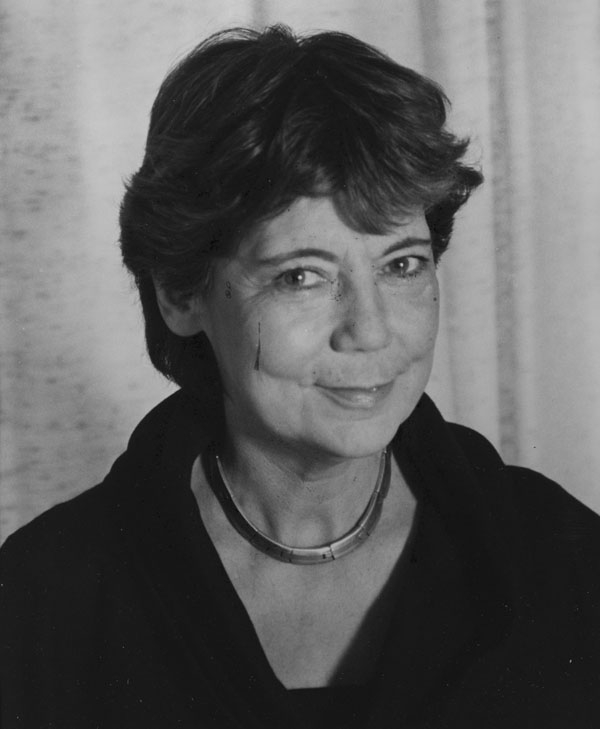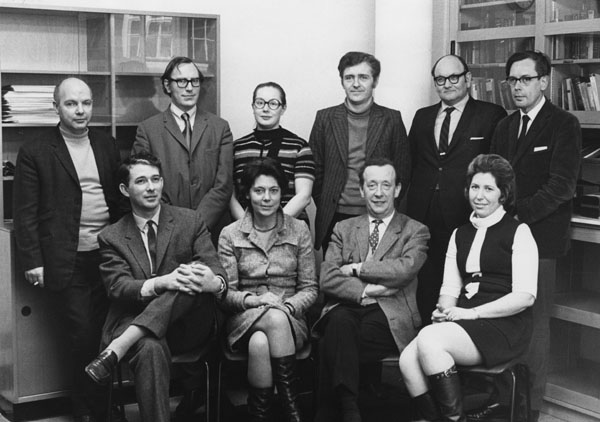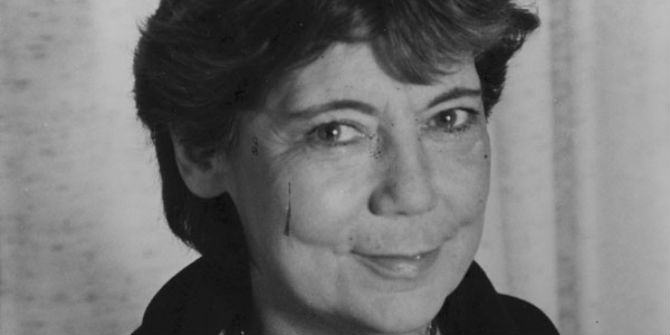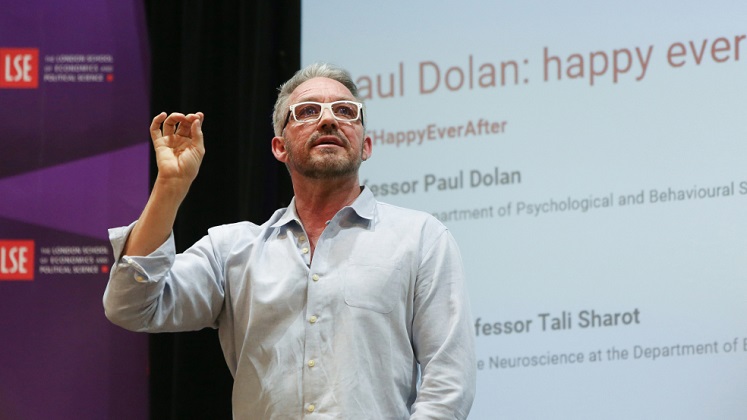Professor Martin Bauer looks back at the 1960s and the emergence of Social Psychology as an academic department at LSE.
In the early 1960s, LSE was made up of a college of academic staff who contributed to a programme of courses across Economics, Social Administration, Geography, History, International Studies, Language Studies, Political Studies, Philosophy and Logic, Statistics and Mathematics, Law and Sociological Studies. The latter subsumed Psychology and Anthropology. This started to change mid-decade and Social Psychology emerged as an independent unit. There were already a good number of psychologists at LSE who contributed to a BSc Operational Research, a BSc Sociology and an MA and MPhil Psychology.

The 1960s was the “golden era” of Social Psychology in the US and this began to reach Europe. Leading programmes in the US were engaged in the massive communication efforts of the Global Cold War; research into attitudes and group dynamics flourished with funding from the US Navy seeking to understand propaganda and the behaviour of people in confined spaces.
By contrast, the research of Psychology at LSE was focused on the influence of a new communication technology on the young generation; the pioneering study Television and the Child by Himmelweit, Oppenheim & Vince was published in 1958 and reprinted in 1962. Other areas of research included: the study of perception and racial prejudice, communication, language and thought, job satisfaction, comparative cultural psychology, sexual mores, and Freud, psychoanalysis and social class. Hilde Himmelweit was made Professor of Social Psychology in 1963. Her reputation remains that of an intellectual powerhouse and a flamboyant presence for colleagues and students alike.

Efforts were made to bring psychologists across the school into “Social Psychology”. Evidence appears in the School Calendar 1966-67 when, among others, the Department of Social Psychology was listed for the first time with eight members of staff: B Geber, D G Harper, Hilde T Himmelweit, Roger Holmes, W H N Hotopf, A D Jones, A N “Bram” Oppenheim and A P E L “Phil” Sealy. This was a small group, but at the time larger than the accountants and philosophers.
By 1968-69, while LSE experienced turbulent student unrest, the Department of Social Psychology, the first of its kind in Britain and Europe, was firmly in place offering an MPhil (Econ) Social Psychology (1965), an MSc Social Psychology (1967) and a special subject BSc Social Psychology (1967); these programmes substituted the MA and MPhil (Arts) in Psychology that were no longer on offer.

Today the School continues to be an important home for psychologists across the globe who are pursuing the societal dimension and we return to our inspiring beginnings to shape the intellectual agenda of Psychology as a core social science. Between 2014 and 2016 the Department of Social Psychology will be holding a series of events that celebrate the history, the present and the future of societal psychology. Find out more about the Department of Social Psychology’s 50th anniversary celebrations.





Interesting review, Martin. But you could have said a bit more about Hilde, my late friend, who really created the Social Psychology department in the first instance. You have also forgotten to mention Hilde’s work on voting behaviour which was quite seminal.
Talking about history, was there not a period where it was an Institute of Social Psychology rather than a department at LSE? Why did it transform to an Institute and why has it all gone back to how it used to be (not that I object, of course)?
All the best
Dina
Where is Popper